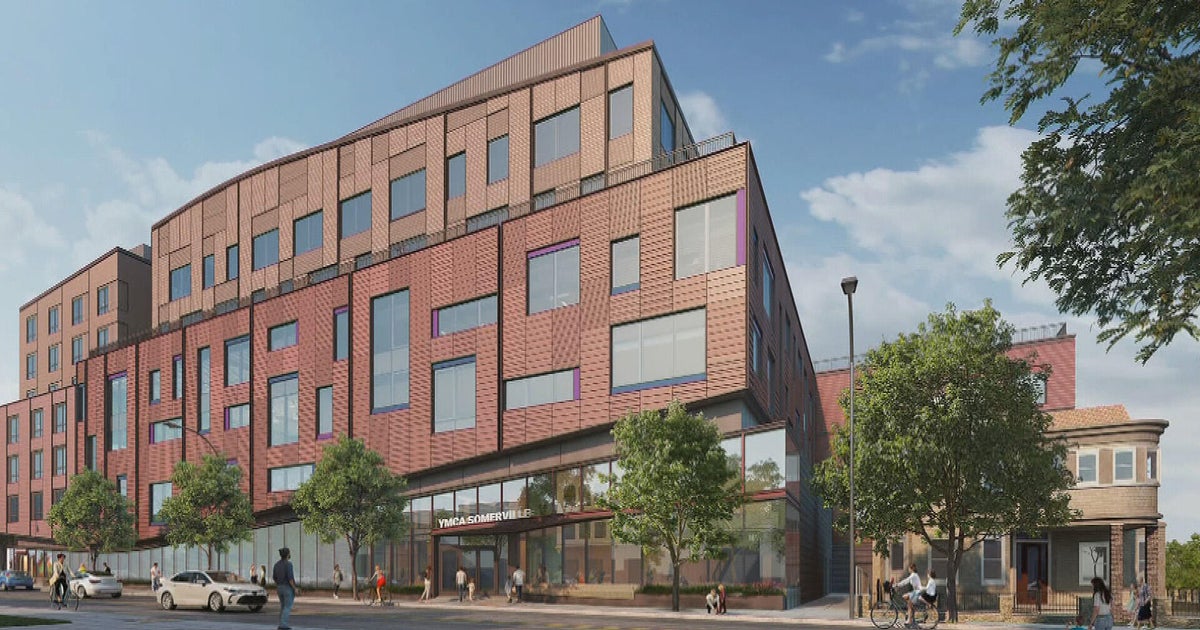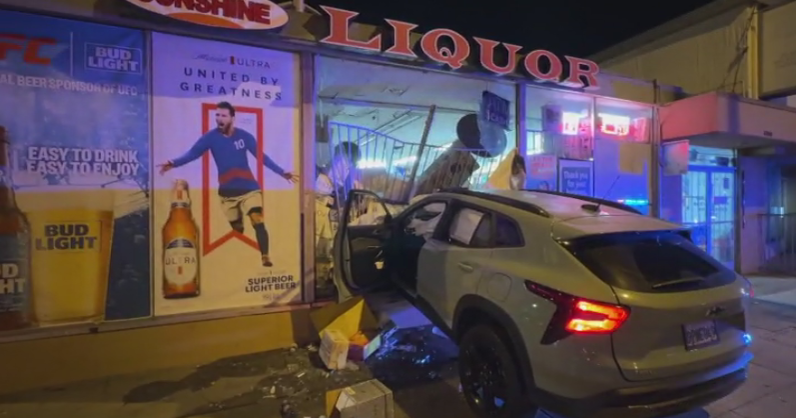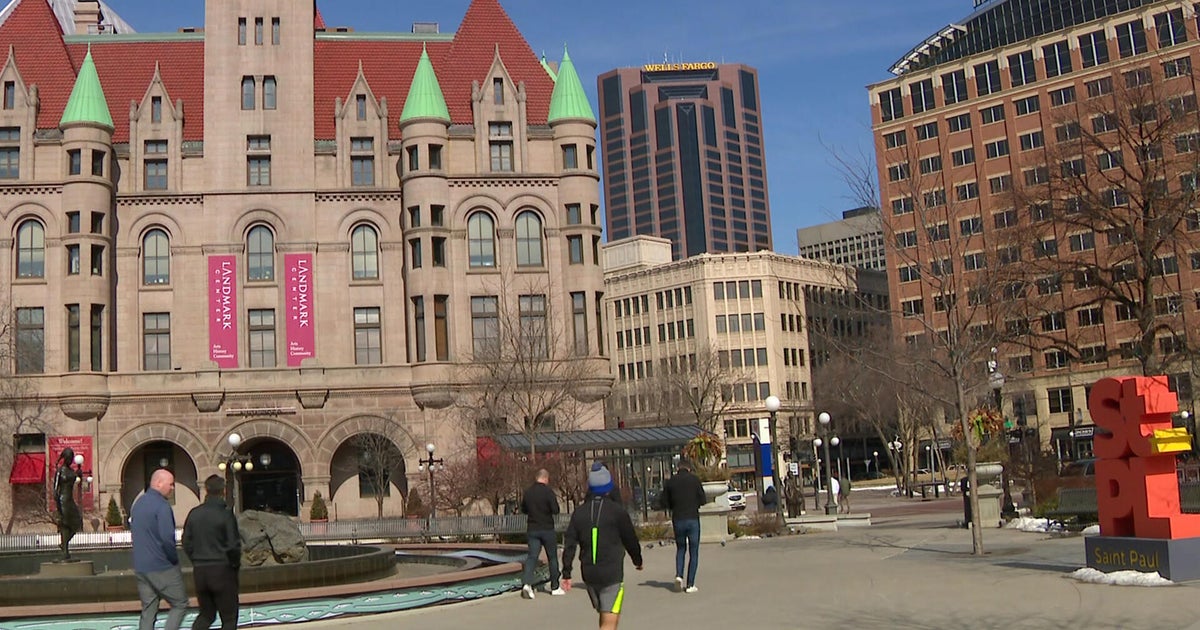Central Falls, RI Stares Down 'Painful' Bankruptcy
CENTRAL FALLS, R.I. (AP) -- At the community center in Central Falls, the subsidized lunch for seniors is no longer being served. The pool has been drained. Health screenings have been canceled. The locks to the building were changed last week, and not even the acting director is allowed inside.
The public library has gone dark too, a sign on the door at the top of the stone steps telling patrons to return books elsewhere -- indefinitely.
Rhode Island's most distressed city is on the cusp of declaring bankruptcy -- a relatively rare step for municipalities even in tough financial times. Since 1980, only about 46 cities or towns in the United States have filed for federal bankruptcy protection, and some of those petitions have been dismissed, according to James Spiotto, an attorney in Chicago who is an expert in municipal bankruptcies.
WBZ NewsRadio 1030's Mark Katic reports.
Podcast
Last year, the state took over Central Falls 7/8-- a city of 19,000 residents, mostly Hispanic, with an unadjusted unemployment rate of 15 percent -- stripping the mayor of his keys to City Hall and the rest of his authority. That move came just months after every teacher was fired at the underperforming high school, only to be rehired later. As state officials try to dig Central Fall out of its financial hole, negotiations are ongoing with labor unions and retirees and cuts are being sought from every corner of the budget. Without major concessions, bankruptcy is a very real possibility.
Bankruptcy can take a toll on a city's reputation and put stress on neighboring communities, which, in the worst case, might have to step in to provide services.
"It's a difficult, painful and wrenching process," said Richard Levin, an attorney who has been advising the City Council in Harrisburg, Pa., which has been flirting with bankruptcy because of more than $280 million in debt on its trash incinerator, several times the size of the city's annual budget. "Some people think bankruptcy is like a bath or a free pass. That's not it at all."
Orange County, Calif., a wealthy suburban community south of Los Angeles, became the largest municipality in U.S. history to declare bankruptcy in 1994 in large part because of risky investments.
Vallejo, Calif., near San Francisco, went the same route in 2008. The city is poised to emerge from bankruptcy protection after renegotiating costly union contracts and restructuring its debt. Unsecured creditors are expected to get anywhere from a nickel to 20 cents on the dollar under the exit plan, Spiotto said. The resolution comes with a steep fee: Legal costs there are reported to have been as much as $9 million.
Legislation allowing broke cities and towns to seek bankruptcy protection under what's known as Chapter 9 was born of the Great Depression when, according to the National Bankruptcy Review Commission, more than 2,000 municipalities defaulted. Entire jurisdictions were swallowed up by others.
States themselves cannot declare bankruptcy, but 13 permit municipal filings and another 11 do so with some conditions. The Rhode Island General Assembly, in response to the crisis in Central Falls, last year rushed to pass new legislation allowing for a state receiver to step in.
The 1.3-square-mile city north of Providence, where 60 percent of the population is Hispanic, faces $80 million in unfunded pension and benefits obligations and an estimated $25 million in deficits over the next five years. Officials said it was hard hit by a loss in state aid and expected collections from the Wyatt Detention Facility that never materialized. the fact that revenue expected to be collected from the Wyatt Detention Facility never materialized. Mark A. Pfeiffer, the first of two state-appointed receivers, also cited a "culture of government" that allowed the fiscal crisis to fester.
Mayor Charles Moreau and the City Council were the ones who sought help first, declaring that the city was fiscally insolvent. They welcomed help from a court-appointed receiver, and say he was beginning to take appropriate steps. But since the state stepped in, they complain of being kept in the dark and charge that no fiscal progress has been made toward fiscal health.
"You've had three receivers," said City Council President William Benson, 65, who has lived in Central Falls all his life. "Not one of them brought a nickel into the city, and not one of them saved a nickel."
Retired state Supreme Court Justice Robert G. Flanders Jr., who was appointed receiver in February, said he is seeking almost $2.5 million in concessions -- what he has called "big asks" -- from police and fire department retirees. The goal is to restore financial stability outside of bankruptcy. which can take a toll on a city's reputation and put stress on neighboring communities, which, in the worst case, might have to step in to provide services. Flanders said the talks have represented a good start.
Life in Central Falls, meanwhile, goes on. Trash gets picked up. Police officers respond to calls. But the city lost two of its anchors in the community center and library.
Tony Tager, Central Falls' parks and recreation director, was asked in April to step in as acting director of the center when the director and assistant director were laid off. Hours at the facility, which Tager said served an estimated 120 people a day, were cut back at first. Then, as of July 1, it closed altogether.
Most of the rest of the employees were also let go, and Tager's full-time schedule was cut to 20 hours.
In ordering the building closed, Flanders cited deteriorating conditions that made it unsafe for the public. Tager said the roof leaks and the air conditioning system doesn't work, among other problems.
The library is closed for business, too. Angela Perez showed up one recent afternoon with her 9-year-old son, Sebastian, and a plastic bag full of books she wanted to return. She didn't know it had closed. The sign on the door referenced the poor condition of the children's book section and said it was in the city's "best interest" to close the library down.
Chris Hoene, director of research for the Washington, D.C.-based National League of Cities, said distressed cities and towns sometimes wave the prospect of bankruptcy around as part of a game of political brinksmanship, as elected officials try to force difficult service cuts or demand deep concessions in labor contracts.
But he said many of the municipalities that now find themselves in the worst financial shape were already on precarious ground before the Great Recession hit. The Recession simply worsened the situation, he said; bankruptcy can hardly be expected to solve all the problems.
The difficulty cities face in cutting services, raising taxes or both, he said, is the possibility that the community will become a place where people don't want to live and businesses can't survive.
"If your city stays in a long-term fiscal stress scenario, it can become a self-fulfilling cycle, battling a situation where you've got people and businesses that could potentially leave," he said. "And that further undermines the revenue picture."
(Copyright 2011 by The Associated Press. All Rights Reserved.)







